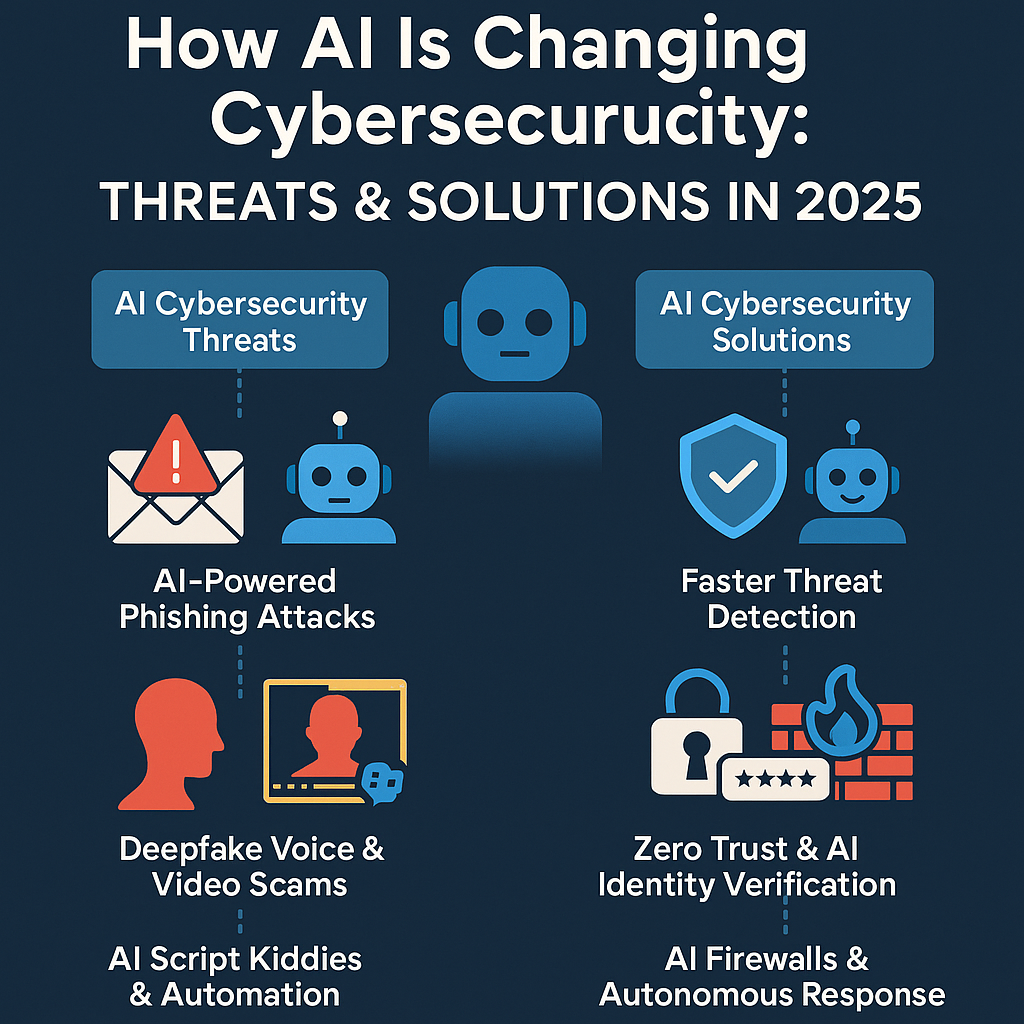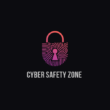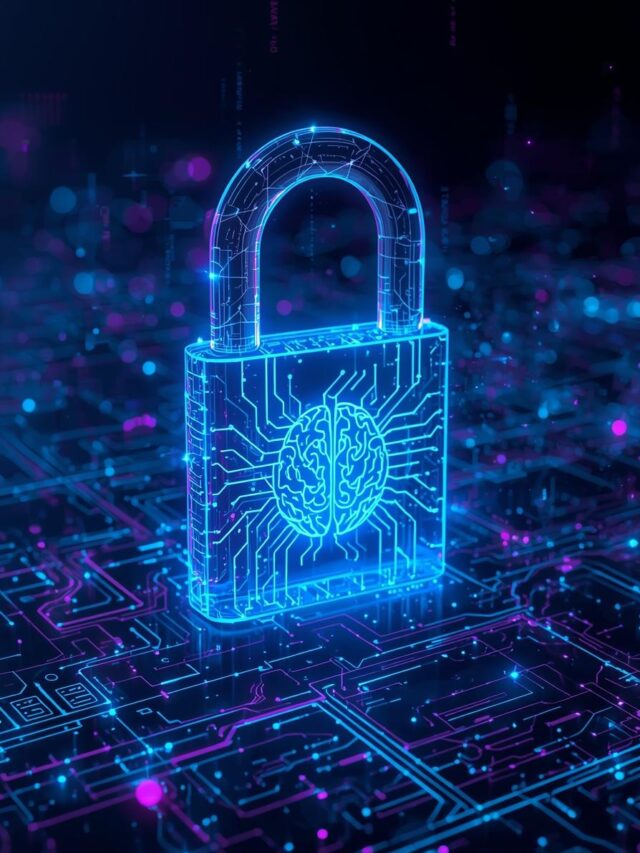
Table of Contents
How AI is changing cybersecurity is one of the biggest challenges — and opportunities — facing freelancers and small businesses in 2025. Artificial intelligence has revolutionized both cyber defense and cyberattacks, making threats faster, smarter, and harder to detect. Whether you’re running a solo freelance business or managing a remote team in the U.S., it’s critical to understand how AI is reshaping the digital security landscape — and how you can stay ahead of it.
In this post, we’ll explore the top AI cybersecurity threats today and break down the AI-powered tools that can help protect your business or freelance work from evolving digital dangers.
AI Cybersecurity Threats in 2025: What You’re Up Against
Artificial intelligence is now being used not only to prevent attacks but also to launch smarter, more convincing cyberattacks. Here are the biggest threats AI poses to cybersecurity in 2025:
🔹 AI-Powered Phishing Attacks
Traditional phishing emails were once easy to spot — misspelled names, awkward grammar, and suspicious links. But in 2025, attackers are using AI tools like ChatGPT clones or deepfake generators to create hyper-personalized phishing messages.
These scams mimic the tone, signature, and even writing style of people you know — making them nearly impossible to detect at a glance. AI tools can scrape your public data (like LinkedIn) to craft emails that appear to come from a client, a colleague, or even your bank.
Protect yourself: Use AI-aware email protection tools like Avanan or Proofpoint to scan for suspicious patterns in real time.
🔹 Deepfake Voice & Video Scams
In the U.S., we’ve seen a rise in deepfake scams targeting executives, freelancers, and remote teams. A scammer might use an AI-generated voice to impersonate a client and request urgent payments or credentials.
Imagine getting a voicemail that sounds exactly like your biggest client asking you to “just send over the login to the project folder.” Without proper verification, it’s easy to fall into the trap.
Protect yourself: Always verify through secondary channels (text, video call) before acting on unusual requests.
🔹 AI Script Kiddies & Automation
Attackers no longer need advanced skills. With AI, automated hacking tools can scan for vulnerabilities, brute-force weak passwords, or inject malware in seconds. These tools are accessible via the dark web and easy for non-experts to use.
That’s bad news for small businesses that might not have a dedicated IT team.
Protect yourself: Use AI-enhanced security software like CrowdStrike or SentinelOne that continuously learns and adapts to evolving threats.
How AI Is Helping Defend Against Cyberattacks
Fortunately, the same AI power that enables smarter attacks is also being used to fight back. Here’s how AI is changing cybersecurity for the better in 2025:
🔹 Faster Threat Detection with Machine Learning
AI cybersecurity systems are trained to detect unusual behavior — like a freelancer logging in from a foreign country or uploading an unusually large file. These tools don’t just react; they predict and prevent attacks by analyzing massive amounts of data in real time.
For example, Darktrace uses AI to detect anomalies and stop threats before they spread.
🔹 Zero Trust & AI Identity Verification
With more remote work and cloud access, businesses are moving to zero-trust security models. AI helps verify identities with behavior analysis — such as typing speed, mouse movement, or login patterns.
Freelancers using platforms like Google Workspace or Microsoft 365 can benefit from tools like multi-factor authentication (MFA) combined with AI-based risk scoring.
Tip: Use services like Okta or Duo Security to add AI-backed access control to your apps and systems.
🔹 AI Firewalls & Autonomous Response Systems
Modern firewalls no longer just block suspicious IPs. In 2025, AI-powered firewalls can autonomously isolate affected systems, roll back ransomware damage, and even shut down a compromised endpoint instantly — without waiting for human action.
Tools like Microsoft Defender for Business and Sophos Intercept X now offer this level of automation, making enterprise-grade defense accessible to freelancers and small teams.
How Freelancers & Small Businesses Can Stay Safe in 2025
Here’s a practical AI cybersecurity checklist for solo professionals and growing businesses:
- ✅ Use AI-Enhanced Antivirus Software
Consider tools like Bitdefender or Norton with AI threat detection. - ✅ Enable MFA Everywhere
Especially on your email, bank, and freelance platform accounts. - ✅ Avoid Free AI Tools That Collect Data
Only use trusted platforms, especially when dealing with client information. - ✅ Update Software & Plugins Regularly
AI-based exploits often target outdated systems. - ✅ Educate Your Team
Even if it’s just a virtual assistant — teach them to spot deepfakes and phishing attempts.
AI Cybersecurity Tools Worth Exploring in 2025
Here are a few AI-powered tools to consider adding to your digital security stack:
| Tool | What It Does |
| Proton Mail | End-to-end encrypted email with phishing protection |
| uBlock Origin | Blocks malicious scripts and trackers |
| 1Password | Secure, AI-assisted password management |
| Tailscale | Zero-trust remote access networking |
| Rewind AI | Protects sensitive info from being shared or leaked via AI tools |
Conclusion: AI Is Changing Cybersecurity — Are You Ready?
Whether you’re a solo freelancer juggling multiple clients or a small business growing your online presence, you can’t afford to ignore how AI is changing cybersecurity in 2025. With the same tools that once helped automate work, attackers are crafting more sophisticated, automated, and convincing cyber threats than ever before.
But you’re not defenseless.
By embracing AI-driven security tools, enabling smart protections, and staying alert, you can outpace modern threats and build a stronger digital foundation for your business.
🔒 Take Action Today
Don’t wait for a deepfake email or AI scam to hit your inbox.
✅ Start with a password manager like 1Password.
✅ Upgrade your antivirus to something AI-aware.
✅ And make sure your team, no matter how small, is trained in the basics of AI phishing detection.
The future of cybersecurity isn’t just human anymore — and that’s both the challenge and the solution.
Also Read: Best Password Managers for Freelancers in 2025 (Free & Paid Options)

